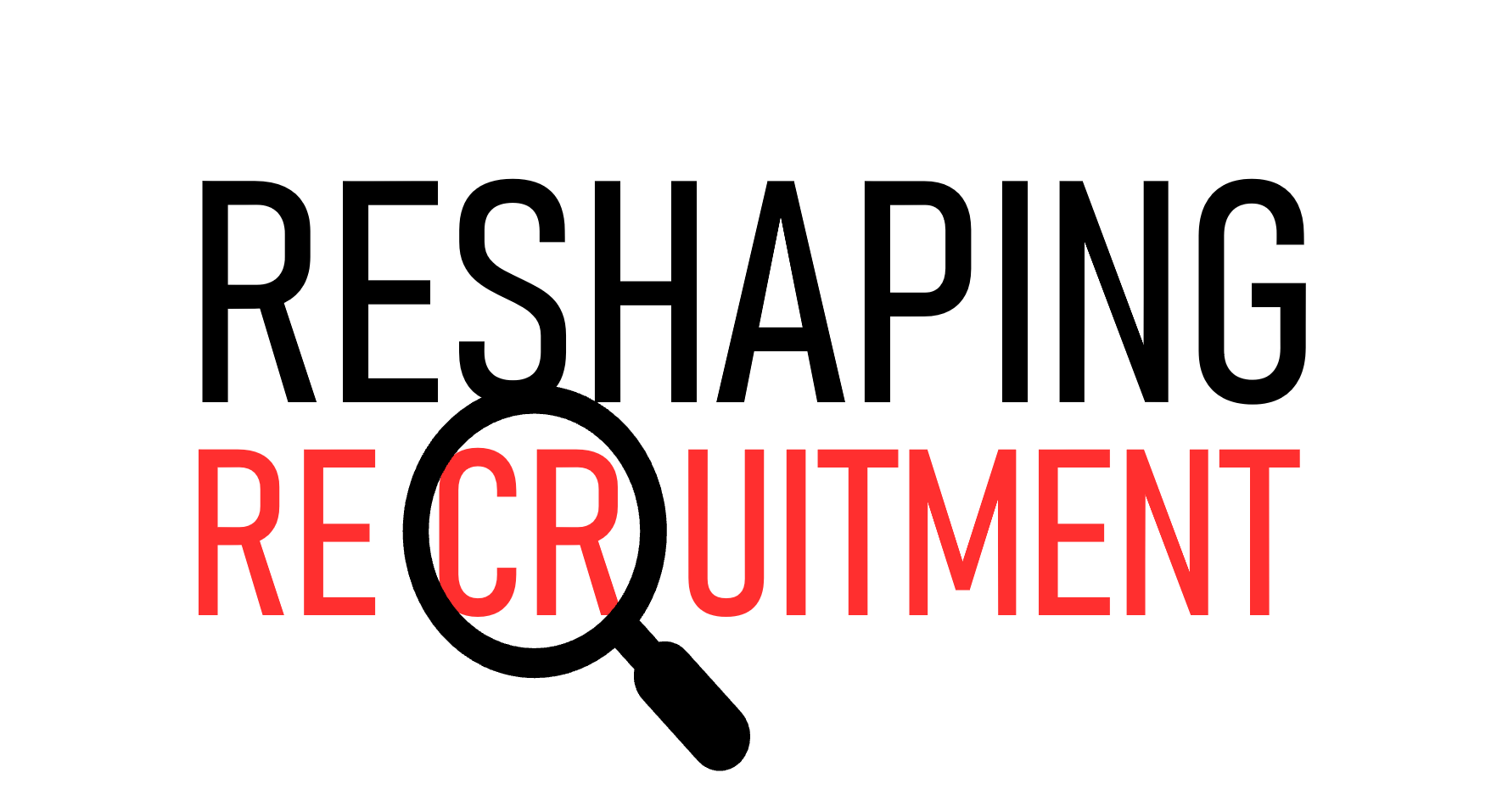
AI Without Chains: The Path to Progress
AI Without Chains: The Path to Progress
I've seen the future, and it's powered by AI-driven recruitment. But here's the kicker: that future is under threat. Not from the technology itself, but from those who seek to control it.
When U.S. Vice President JD Vance cautioned against excessive AI regulation at a recent summit in Paris, he wasn't just making a political statement. He was sounding an alarm that every business leader needs to hear.
The Innovation Dilemma
As someone who's been in the trenches of AI recruitment implementation for over five years, I can tell you this: innovation thrives on freedom. The moment we start piling on regulations, we risk suffocating the very thing that could propel us into a new era of productivity and growth.
Vance's criticism of Europe's stringent AI regulations, like GDPR, isn't just political posturing. It's a reality check. I've seen firsthand how high compliance costs can cripple small to medium-sized businesses, effectively locking them out of the AI game.
But here's where it gets interesting.
The Global AI Race
We're not just talking about business innovation here. We're talking about national competitiveness on a global scale. The U.S., with its hands-off approach, is prioritizing technological dominance. And let me tell you, that's not just smart – it's necessary.
I remember when I first started implementing AI-driven recruitment processes. The transformation was nothing short of revolutionary. Suddenly, we could process thousands of applications in minutes, matching candidates to jobs with unprecedented accuracy. That's the kind of innovation that changes industries overnight.
But imagine if we had to navigate through a maze of regulations for every AI implementation. Progress would grind to a halt.
The China Factor
Now, let's talk about the elephant in the room: China. Vance warned against using AI for authoritarian censorship, and he's spot on. I've studied AI implementations across the globe, and what's happening in China should give us all pause.
We're at a crossroads. On one side, we have the potential for AI to revolutionize every aspect of our lives and businesses. On the other, we have the very real threat of AI being used as a tool for control and suppression.
The Balancing Act
So, what's the solution? As someone who's built a career on the Hybrid AI Workforce approach, I can tell you it's all about balance.
We need regulatory frameworks that encourage AI recruitment tools development while safeguarding against misuse. It's not about having no rules – it's about having the right rules.
In my work with companies across various sectors, I've seen the transformative power of AI when it's allowed to flourish. But I've also seen the importance of ethical guidelines and responsible development.
The Path Forward
As business leaders, we have a responsibility to push for sensible AI policies. We need to be at the forefront of this conversation, advocating for frameworks that protect innovation while addressing legitimate concerns.
Here's what I propose:
1. Implement Hybrid AI Workforce: Dont use AI to replace your employees. Use AI-driven canidate sourcing to make your employees .. Supper employees.
2. Invest in ethical AI development. Show that self-regulation can work.
3. The AI race doesn't have to be a zero-sum game.
4. Educate your self and workforce. The more people understand AIfor recruitment, the less they'll fear it.
The future of AI is not just about technology – it's about vision. It's about creating a world where innovation and ethics go hand in hand, where AI recruitment tools augments human potential rather than replacing it.
As I often tell my clients, AI is not just a tool. It's a partner in progress. And like any good partnership, it needs the freedom to grow, evolve, and yes, sometimes make mistakes.
The path to progress is clear. It's time to unleash AI hiring automation potential, to let it run free – not wild, but with purpose and vision. Because in the end, the real threat isn't AI itself. It's the missed opportunities if we fail to embrace it fully.
The AI recruitment revolution is here. The question is: are we ready to lead it, or will we let overregulation hold us back? The choice, my friends, is ours to make.

